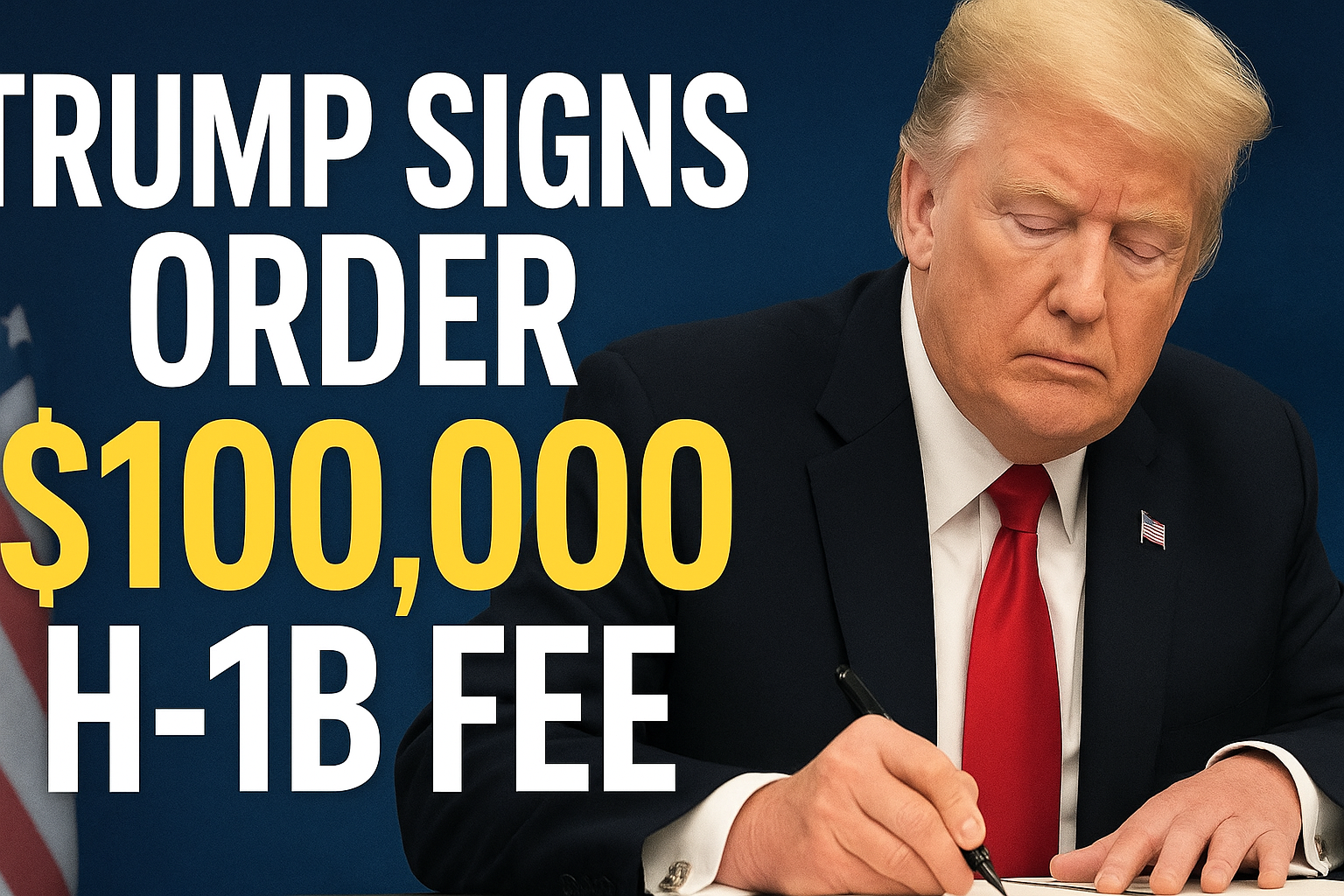
The H-1B visa program, a key pathway for skilled foreign workers to pursue careers in the United States, is at the center of a heated debate under President-elect Donald Trump, creating anxiety for Indian professionals and students dreaming of opportunities abroad.
Ashish Chauhan (name changed), a 29-year-old Indian finance professional, aspires to pursue an MBA in the US and secure a job there. However, the ongoing immigration row, fueled by Trump’s supporters, has left him conflicted.
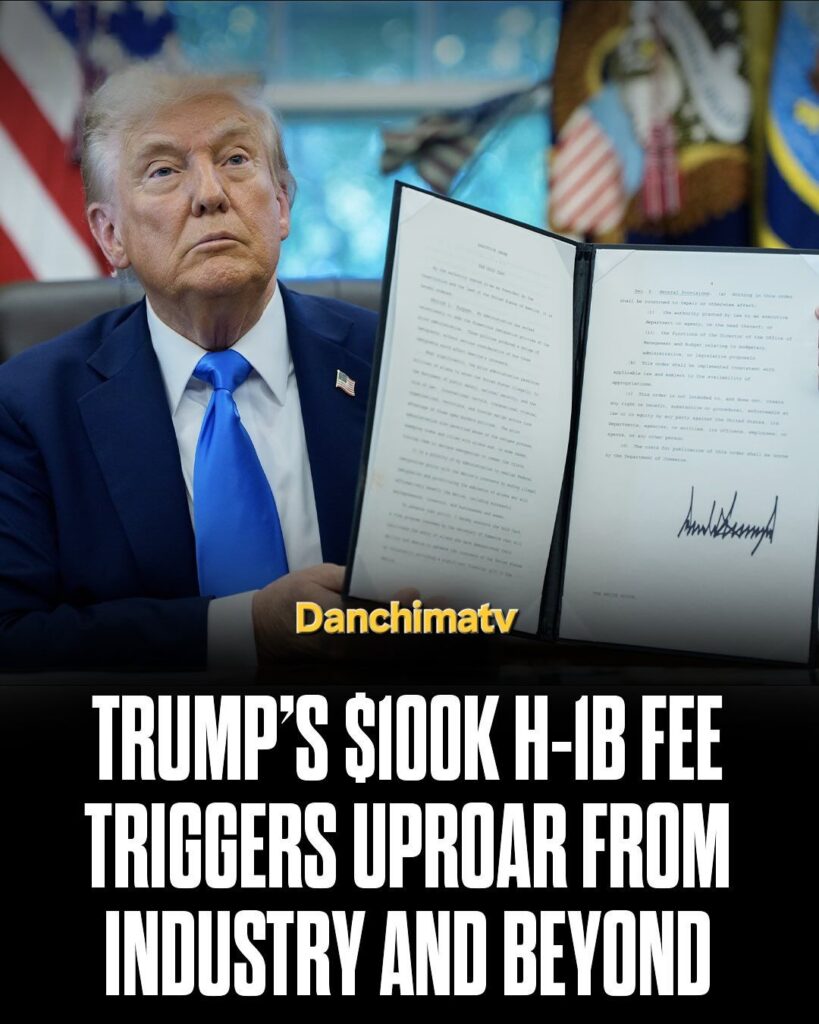
The H-1B visa, a 34-year-old program that enables skilled workers to work in the US for up to six years, is both praised for attracting global talent and criticized for displacing American workers. Trump, previously critical of the program, now supports it, alongside tech mogul Elon Musk, who champions its role in securing top engineers.
Indian nationals dominate the H-1B program, receiving 72% of visas in 2023, primarily in STEM fields, with 65% working in computer-related roles and earning a median salary of $118,000 (£94,000). Yet, concerns about the program’s impact on US workers persist, amplified by broader immigration debates. A 2023 Pew Research report notes that US immigration surged by 1.6 million, with immigrants now comprising over 14% of the population—the highest since 1910.

Indians are the second-largest immigrant group after Mexicans, and India has overtaken China as the top source of international students, with 331,602 studying in the US during 2023-2024, according to the Open Doors Report.
For many Indians, the H-1B visa is a gateway to higher earnings and a shot at permanent residency. However, the path to a green card is fraught with challenges, with over a million Indians waiting in employment-based categories, often for decades.
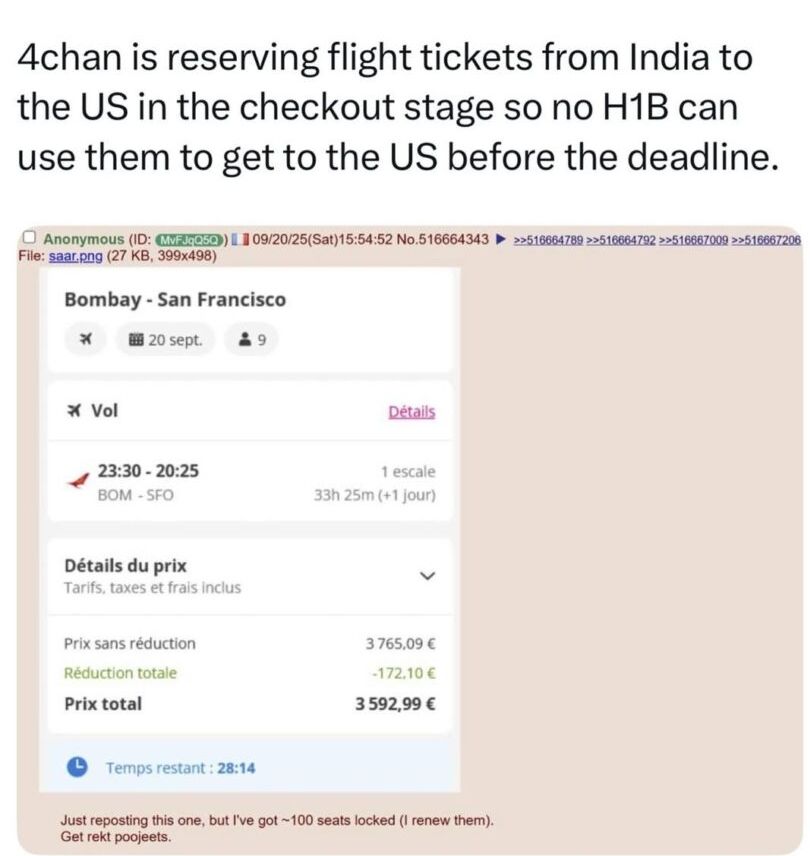
Atal Agarwal, who returned to India after hitting a “dead end” with the H-1B visa, highlights the program’s instability. “If you lose your job, you have just 60 days to find a new one, and the green card wait can stretch 20-30 years,” he says.
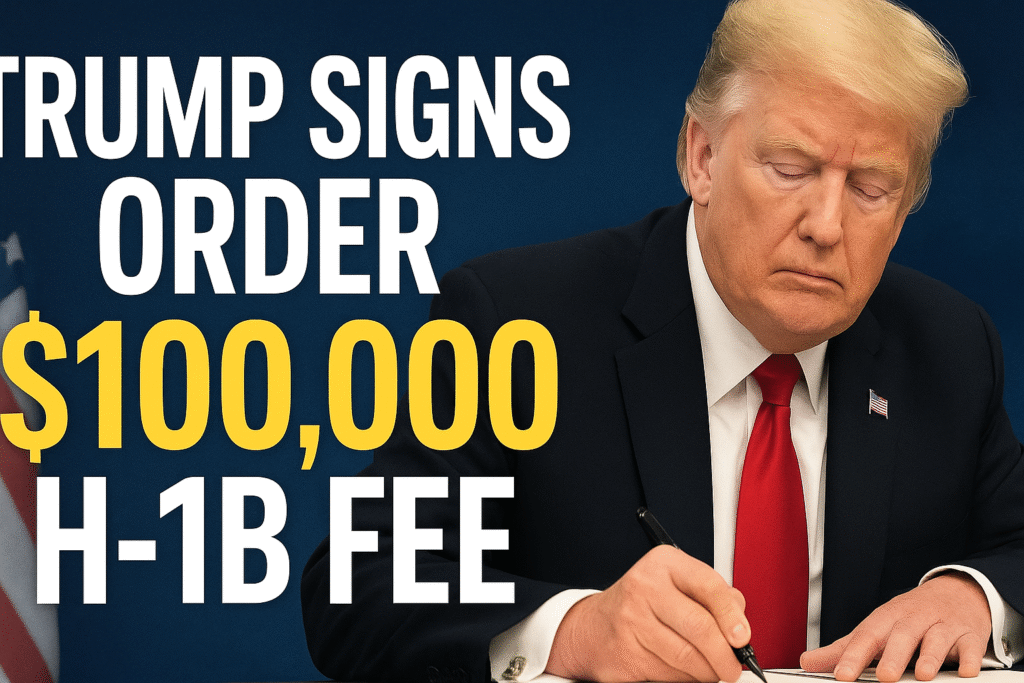
The program’s critics, including some of Trump’s supporters, argue it enables fraud and abuse, pointing to cases like a recent US court ruling against Cognizant for discriminating against non-Indian employees. Conversely, Indian tech firms, major H-1B recipients, emphasize their contributions to the US economy, supporting nearly 600,000 American jobs and investing in upskilling programs, according to Shivendra Singh of Nasscom, India’s tech industry body.
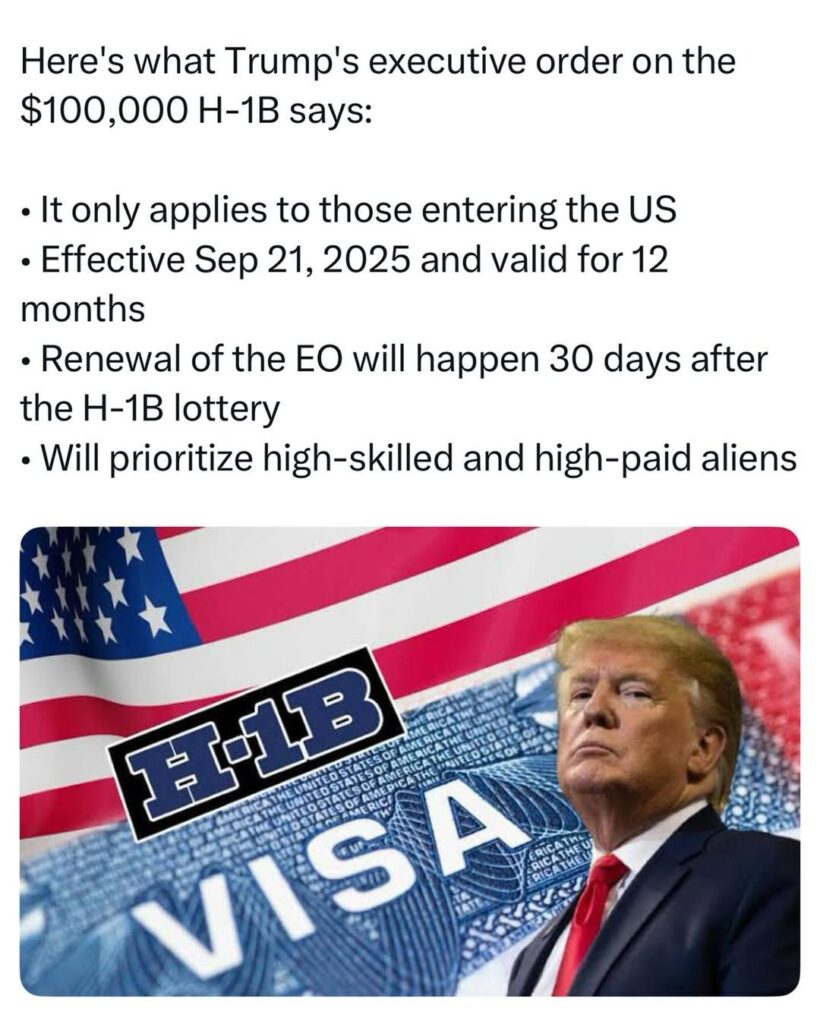
Trump’s first term saw stricter H-1B policies, with visa denial rates spiking to 24% in 2018 compared to 2-4% under President Joe Biden. Immigration expert Stephen Yale-Loehr of Cornell Law School notes uncertainty about whether similar restrictions will return, given competing views within Trump’s administration. India’s government, meanwhile, underscores the program’s importance to US-India economic ties.
Despite the uncertainty, Indian students remain undeterred, with many resolute in pursuing the American dream. Yale-Loehr advises aspiring students to choose the best colleges and seek solid immigration guidance, as policy changes take time. For now, the H-1B visa remains a beacon of opportunity for Indian professionals, even as political turbulence clouds its future.
